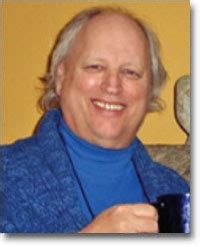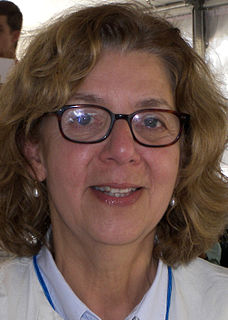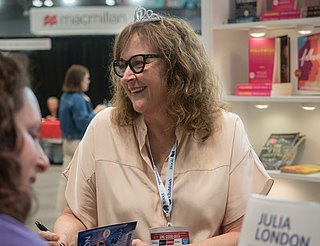A Quote by Christopher Lehmann-Haupt
Related Quotes
Never delay a prompting. When you honor a prompting and then stand back a pace, you realize that the Lord gave you the prompting. It makes me feel good that the Lord even knows who I am and knows me well enough to know that if He has an errand to be run, and He prompts me to run the errand, the errand will get done.
Remember: Plot is no more than footprints left in the snow after your characters have run by on their way to incredible destinations. Plot is observed after the fact rather than before. It cannot precede action. It is the chart that remains when an action is through. That is all Plot ever should be. It is human desire let run, running, and reaching a goal. It cannot be mechanical. It can only be dynamic.
The prompting that goes unresponded to may not be repeated. Writing down what we have been prompted with is vital. A special thought can be lost later in the day through the rough and tumble of life. God should not, and may not, choose to repeat the prompting if we assign what is given such a low priority as to put it aside.
Fiction writers come up with some interesting metaphors when speaking of plot. Some say the plot is the highway and the characters are the automobiles. Others talk about stories that are "plot-driven," as if the plot were neither the highway nor the automobile, but the chauffeur. Others seem to have plot phobia and say they never plot. Still others turn up their noses at the very notion, as if there's something artificial, fraudulent, contrived.
I find that I am much slower in the beginning of a book. I am thinking of the plot, of the characters and who they are, and where they are going. I often throw out a lot of the writing I start with, because the characters and plot improve as I write. Or perhaps I should say it is my hope they will improve as I write.
A Thousand Pardons began at the beginning. I wanted it to be one continuous, almost breathless kind of story. In order to do that, it's really hard not to begin at the beginning. There's such a chain of consequence to everything that happens to main characters - it's very hard to break it apart and still be able to hold the plot in your head.







































